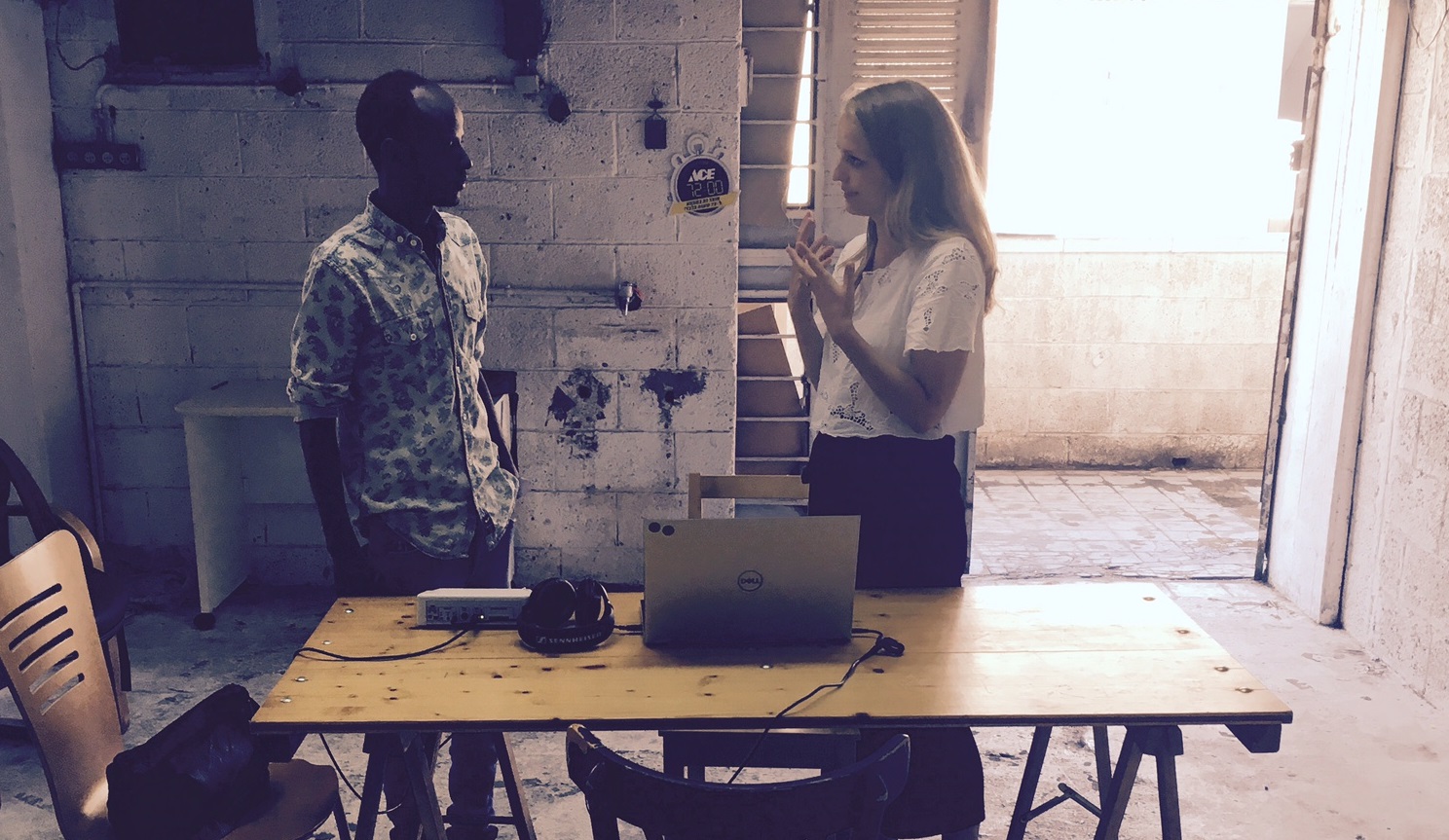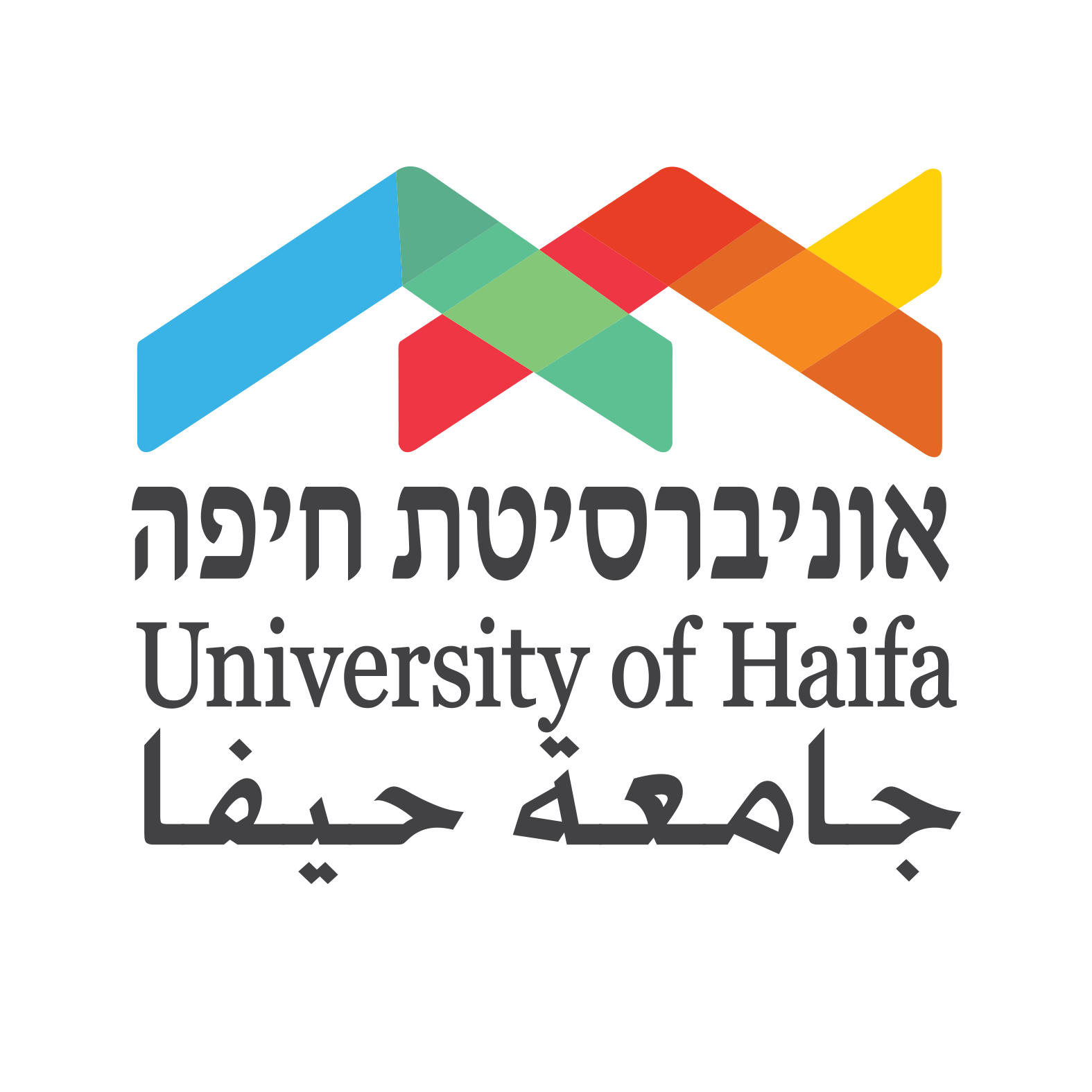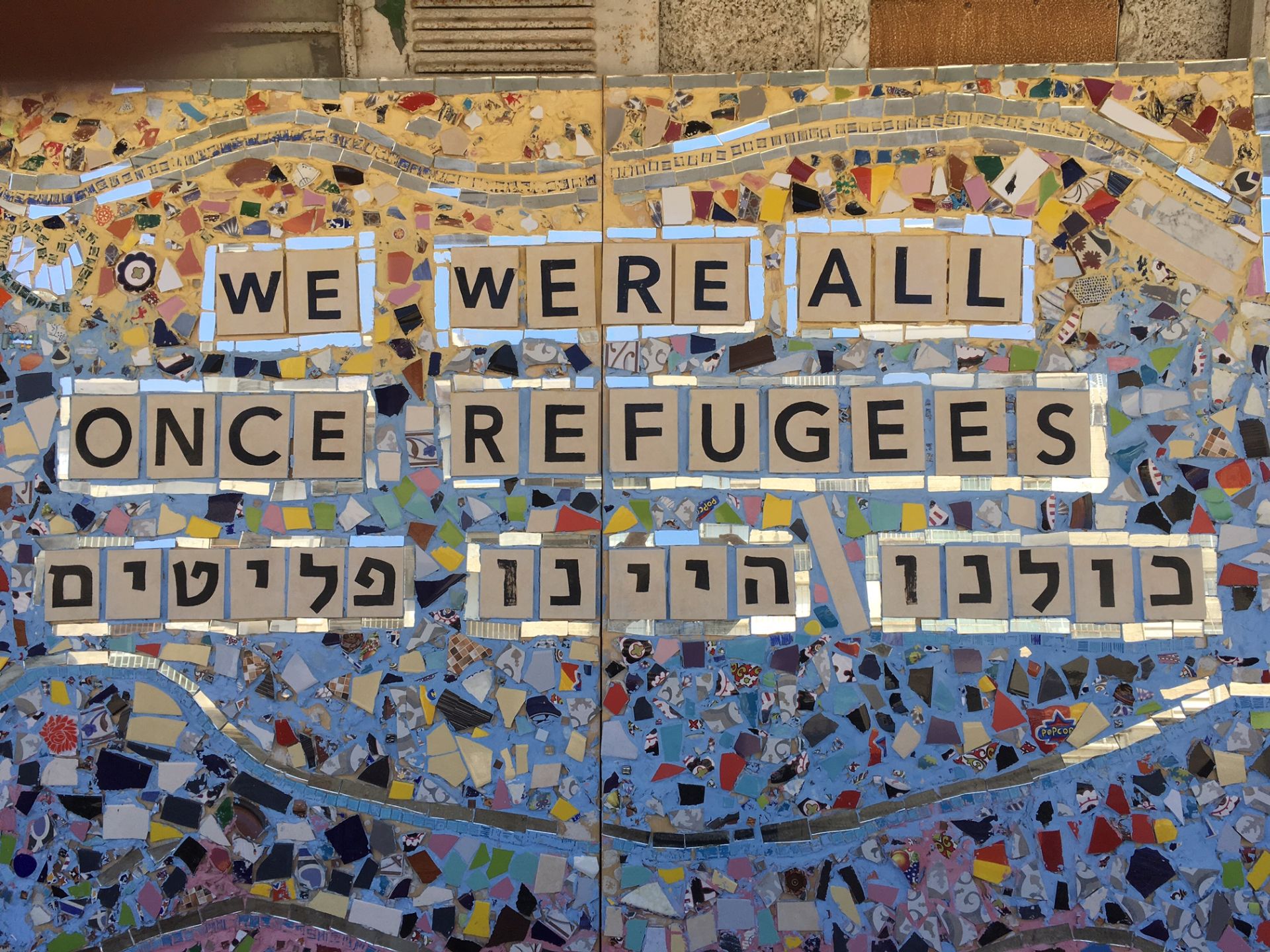From Surviving to Thriving
Tens of thousands of asylum seekers, forcibly displaced from their homelands in E. Africa (Eritrea, Sudan), have sought refuge in Israel. Many of them have endured the unimaginable – torture, human trafficking, and violence before and during their migration – and their mental state is often further troubled with post-migration stressors such as legal status and discrimination. Prof. Amit Bernstein of the Department of Psychology and his Observing Minds Lab group have documented that a very high proportion of this population suffers from post-traumatic stress disorder (PTSD) and mental health problems tied to trauma and chronic stress.
In response to this growing public mental health crisis, Bernstein’s team has spearheaded an applied research initiative in collaboration with NGOs and leaders from the refugee community. “We are currently testing an innovative mindfulness-based intervention program for men and women from Eritrea in south Tel Aviv,” explains Bernstein. “The Mindful Trauma Recovery for Refugees is a specialized low-cost mental health intervention with far-reaching implications for addressing the exploding mental health needs of millions of forciblydisplaced refugees across Europe and Africa.”

To build on this work, Bernstein’s team has joined forces with the University’s Clinics for Law and Social Change, under the direction of Dr. Tamar Harel Ben Shahar, to deliver legal guidance and vital mental health services for refugees. This exciting interdisciplinary humanitarian project is being championed by Tzili Charney, Honorary Doctorate recipient (2017) and long-time friend of the University of Haifa, under the auspices of the Leon Charney Resolution Center. In line with her long-standing commitment to social justice and peace, this project is a unique holistic approach to care for the complex needs of asylum seekers in Israel.
Research findings are already demonstrating strong links between mindfulness, resilience and recovery among refugees in Israel. Bernstein’s group is now planning the effective dissemination of this intervention nationally in Israel, and internationally.
"The mindfulness program has given me tools to
help me gain control of my feelings. The meditations
have made me more focused and less angry at home."
- M. is a refugee from Eritrea who recently completed
the 9-week Mindful Trauma Recovery Program
“The team has initiated a new collaboration with Humanity Crew to begin the testing and implementation of the Mindful Trauma Recovery intervention program in Athens, Greece,” adds Bernstein. “In the next phase we aim to partner with mental health care pioneers in additional countries across Europe and Africa.” With the help of social innovators and philanthropic leaders, they hope to reach millions of forcibly displaced persons through a novel web-based platform capable of deliveringthe intervention without the confines of borders, bricks or mortars.
“I am very excited about this program and confident that the dedicated members of this initiative – with respect to the clinical team and thelegal experts – will make their mark in creating better lives for refugees around the world and hope for a better future.” – Tzili Charney, Chair of the Leon H. Charney Foundation, Vice Chair of the University of Haifa’s Board of Governors.


